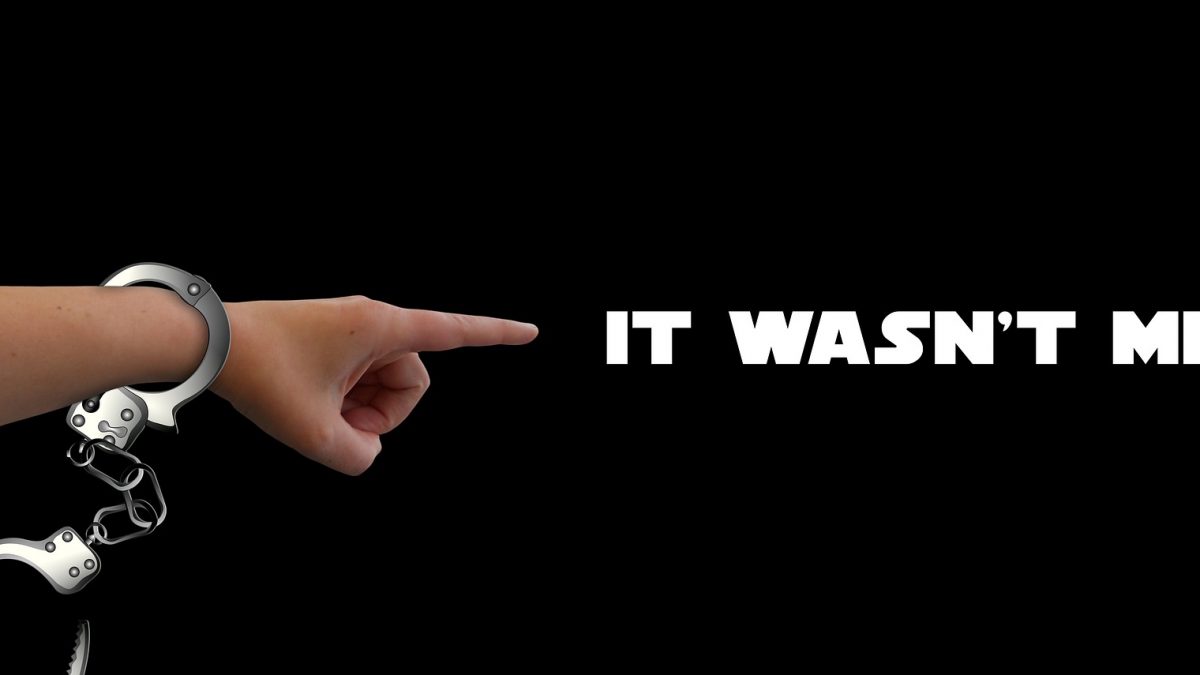
Understanding The Legal Aspects Of Motor Vehicle Accidents
September 14, 2022
A Fuel Crisis that Continues to Drown the UK
September 14, 2022In this article Harish Kapoor discusses the recent case of R v Maughan (Northern Ireland).
Background
This case surrounds two issues: firstly, whether the term ‘proceedings’; should be confined to court
proceedings when considering reductions to defendants’ sentences when they plead guilty to a
crime at an early stage. Secondly Whether such reductions may occur where the defendant is
caught ‘red handed’.
On the 24 th July 2016, Owen Maughan and his brother broke into the house of a 62 year old man and
his two sisters. Owen Maughan brandished a knife, and his brother a screwdriver. They robbed the
house of money and valuables, with one of the ladies having a chain pulled off her neck and her
watch taken, and then made off in the householder’s car. The attack was reported to police that
evening and the vehicle was identified travelling through Belfast. There followed a high-speed chase
at speeds of over 100 mph, and when cornered, the stolen vehicle was used to ram the following
police vehicle and subsequently was driven directly at an officer pointing a rifle towards the vehicle.
Eventually the vehicle came to a halt and the appellant and his brother attempted to flee. They were
arrested without warrant shortly afterwards, clearly being caught “red-handed”. Through
investigation, the court found compelling evidence that in the previous three days the appellant and
his brother had attempted to burgle a Parochial House in Holywood, and committed an aggravated
burglary of a Parochial House in Finaghy, an aggravated burglary of a house adjacent to a Parochial
Hall in Dungannon, an attempted burglary of a Parochial House in Castlewellan, and a burglary of
commercial premises in Newcastle. The appellant had also committed an aggravated burglary in the
Presbytery of St Peter’s Cathedral in Belfast the previous year in the course of which the priest
residing there was locked up overnight.
The morning after the appellant’s arrest he was deemed fit for interview, but when an attempt was
made to bring a mobile recording device to his cell that evening the appellant began screaming,
preparing to spit and threatening to damage the cell if an interview was attempted. No acceptance
of responsibility for any of these matters was made.
The appellant was charged and brought before the Magistrates’ Court on 26 July 2016. He was
remanded in custody and committed for trial on 30 June 2017. He was arraigned on 14 September
2017 and pleaded guilty to the charges the subject of this appeal. He had given no prior indication of
an intention to plead guilty. In his sentencing remarks His Honour Judge Miller QC addressed the
question of the discount for the plea by calling upon the precedent set by R v Pollock [2005], in that
the maximum reduction is only due to those who admit their guilt when first confronted with the
allegation. Due to the fact Owen Maughan didn’t co-operate with police on arrest and given the fact
that for certain of the offences he was either caught red-handed or the evidence against him was so
overwhelming, he was not entitled to full credit. In the end Judge Miller discounted 25% to both
Owen Maughan and his brother’s sentences.
The Court of Appeal dismissed Owen Maughan’s appeal, but concluded that the sentencing policy on
early admissions was more nuanced than described by the trial judge. They believed Owen’s attitude
at interview was relevant but not decisive, and rejected the submission that the meaning of
“proceedings for an offence” in article 33 of the Criminal Justice (Northern Ireland) Order 1996 (“the
1996 Order”) was confined to court proceedings and held that it included the investigation of a
suspected offence by police.
Owen Maughan then appealed to the Supreme Court, and the Justices presiding over the case were:
Lord Hodge, Lord Hamblen, Lord Burrows, Sir Declan Morgan, and Lord Lloyd-Jones. After hearing
the case on the 27 th of January 2022, they gave a unanimous judgement on the 18 th of May 2022,
dismissing the appeal.
Proceedings
There were two sentencing policies at issue in this appeal. The first concerned the identification of
the first reasonable opportunity to indicate an intention to plead guilty. The Court of Appeal derived
its judgement from its counterpart in Northern Ireland, and said that to benefit from the maximum
discount a defendant must indicate his “intention to plead guilty at the outset”. The second
concerned the reduction in discount applied by Judge Miller because the appellant had been caught
red handed. Guidance from the Court of Appeal in Northern Ireland on this issue was given in R v
Pollock: “The discount in cases where the offender has been caught red-handed should not generally
be as great as in those cases where a workable defence is possible.”
Owen Maughan’s main argument was based on Article 33 of the Criminal Justice (Northern Ireland)
Order 1996, which states that the court shall take into account the stage in the proceedings at which
the defendant indicated his intention to plead guilty. He argued that “proceedings” within the
meaning of Article 33 did not include any stage prior to arraignment because in the Northern Irish
criminal justice system that was the first time the defendant was required to indicate whether they
pleaded guilty. An early guilty plea in the Northern Irish system therefore does not provide the same
benefits as other systems in which the defendant is required to indicate their plea at an earlier stage,
in terms of saving police time and prosecution resources. Owen Maughan argued that the
defender’s failure to admit wrongdoing prior to arraignment should therefore not be treated as
relevant to the sentencing discount.
The Supreme Court held that “proceedings” within the meaning of Article 33 does not include the
investigative process prior to charge or the issue of a summons. However, Article 33 does not
prevent the Court of Appeal in Northern Ireland from developing guidelines for the sentencing
discount for a guilty plea based on utilitarian benefits such as administrative resources,
inconvenience to witnesses and vindication and relief to victims. The Court of Appeal in Northern
Ireland is therefore entitled to adopt a sentencing policy which treats as relevant to the sentencing
discount the failure to admit wrongdoing during interview. Such a policy is typical of those applied
from time to time in all three United Kingdom jurisdictions over many years. In addition to saving
time, costs, and promoting the interests of victims and witnesses, early guilty pleas promote public
confidence in the justice system. In summary, the Court of Appeal in Northern Ireland made no error
of law.
In regards to a reduction in discount when the offender is caught red handed, the Supreme Court
judged that a reduction has long been recognised as a feature of sentencing practice throughout the
United Kingdom. The purpose of the discount is to encourage guilty pleas to obtain the utilitarian
benefits of saving time, cost, and providing reassurance for witnesses and victims. However, where
the prosecution case is overwhelming, the offender may be left with little realistic choice but to
plead guilty. Such an offender might not deserve the same level of encouragement to plead guilty.
Although in England and Wales and in Scotland sentencing policy has changed in recent years so that
full discount for an early plea is now given in cases where the offender has been caught red handed,
that does not render unlawful the different policy adopted by the Northern Ireland courts.
Conclusion
The Supreme Court then judged that there “was no error of law” in the judgements passed by both
the Crown Court and the Court of Appeal, and that they were correct in sentencing Owen Maughan
to 14 years imprisonment. They therefore unanimously dismissed the appeal. I feel as if this was the
correct judgement from the Supreme Court, due to the history of offences Owen Maughan has
committed and I feel as if it would be unjust to “let him off lightly” as it were merely because he pled
guilty.





